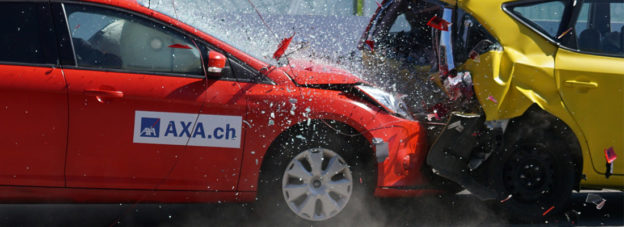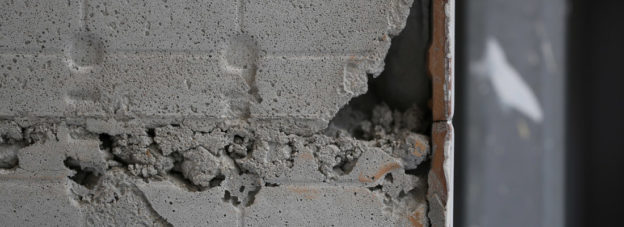In a subrogation action, one party is substituted to the rights and remedies of another with respect to a lawful claim. The substituted party (the subrogee) is legally able to pursue any right or seek any remedy that would be available to the subrogor regarding that claim. But can a defendant in a subrogation action assert any claim against the subrogee that it would have against the subrogor? In Federated Mut. Inc. Co. v. Kosciusko County, No. 3:20-CV-960, 2021 U.S. Dist. Lexis 88735, the United States District Court for the Northern District of Indiana considered whether a defendant could assert counterclaims against the insureds/subrogors in an action filed in the name of their subrogee. The court held that since the insurerds/subrogors were not a party to the action and the defendant could assert the substance of its counterclaim as a defense, the defendant could not file counterclaims against the insureds/subrogors in the insurer’s subrogation action. Continue reading






